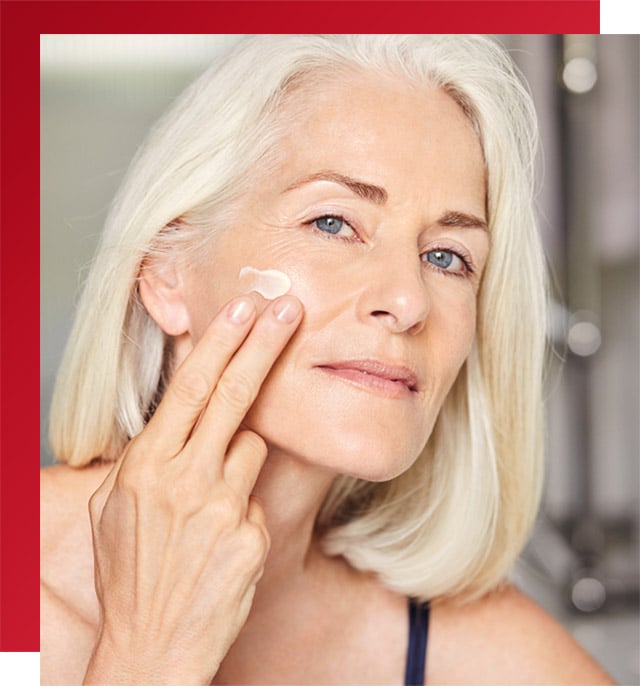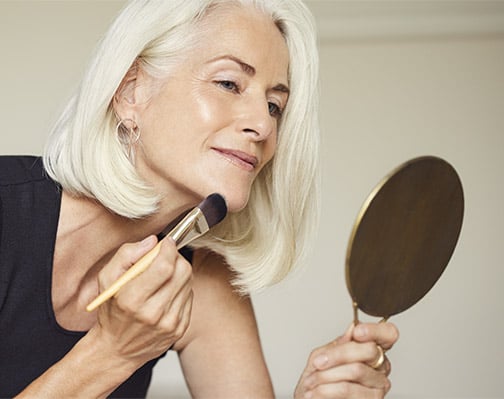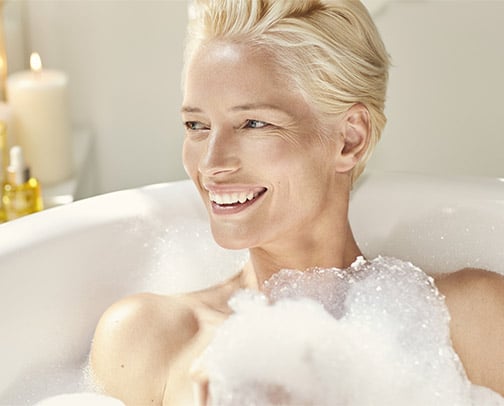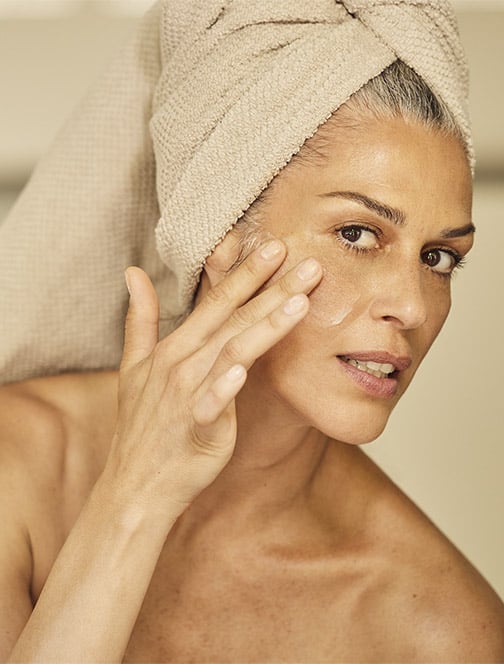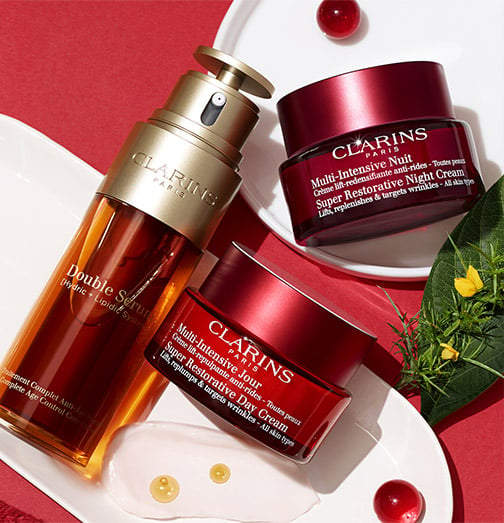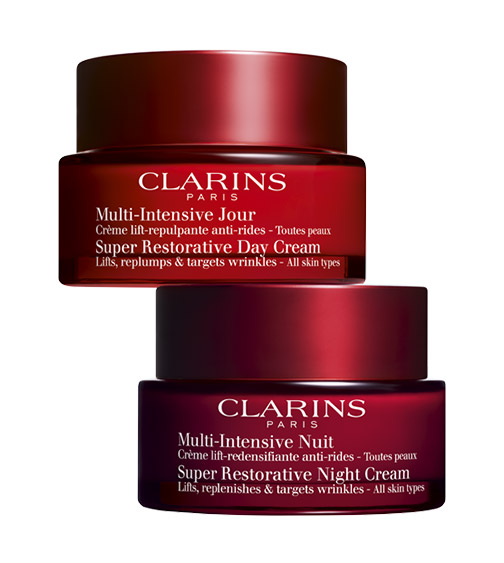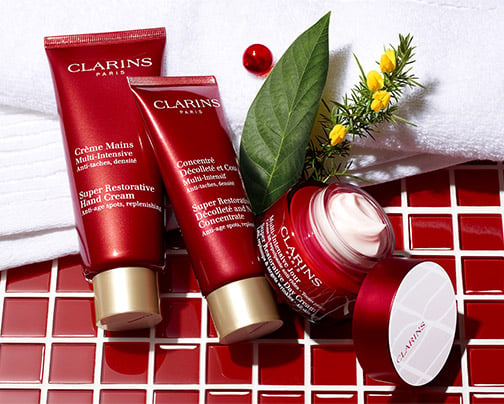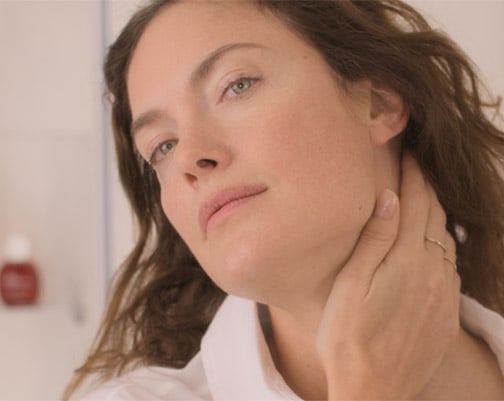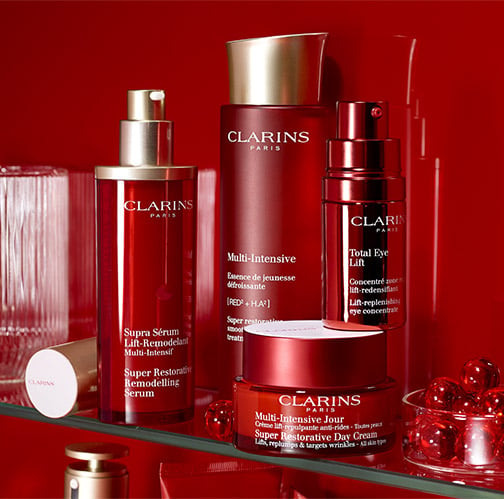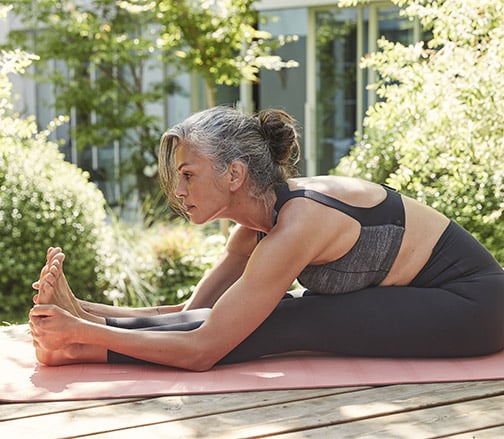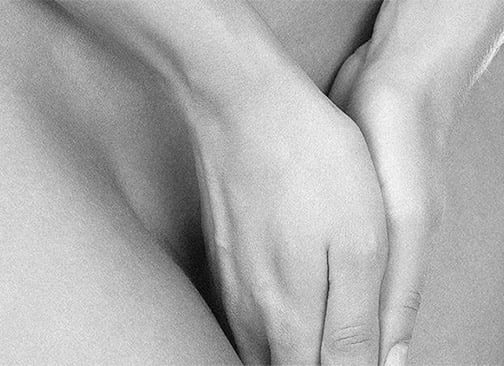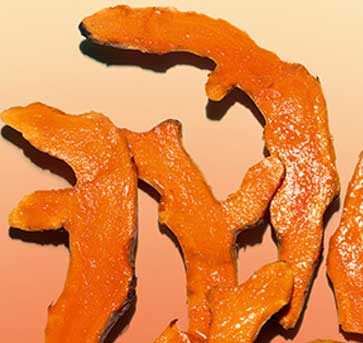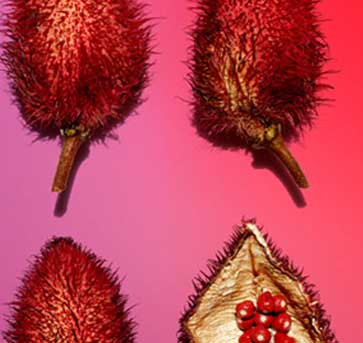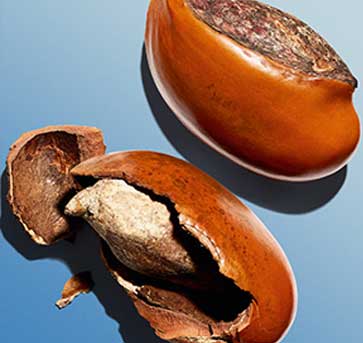01 What is menopause?

Menopause means the end of a woman's reproductive years.
It generally occurs around the age of 50, but every woman is different; it can happen any time between the age of 40 and 55.
The biggest sign that menopause has arrived is when your periods stop for good. After 12 months of zero periods, you’re officially considered menopausal.
From around the age of 40, the hormones your ovaries have been producing since puberty begin to gradually drop off, until they stop altogether. Oestrogen and progesterone are no longer secreted, meaning ovulation stops and your periods end.
Although some may struggle with no longer having periods and what it means, this is a weight off some women’s shoulders, especially those who had intense PMS symptoms and painful periods.


